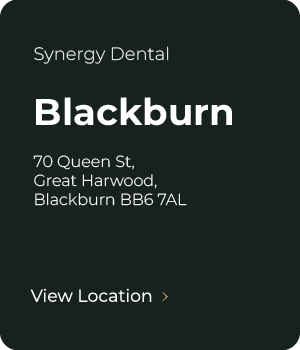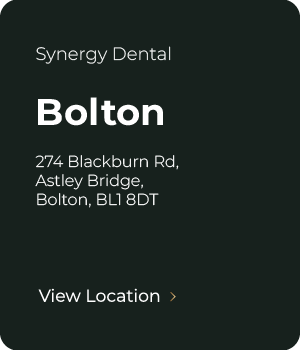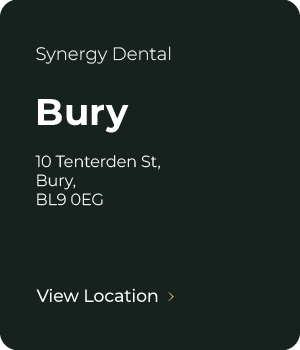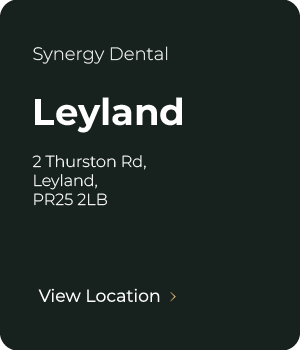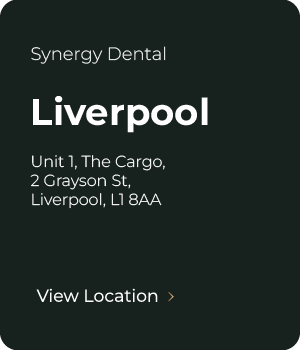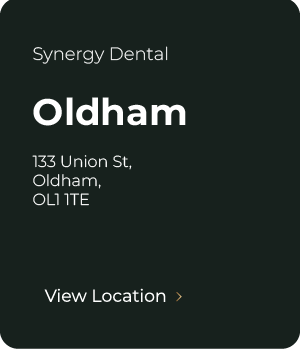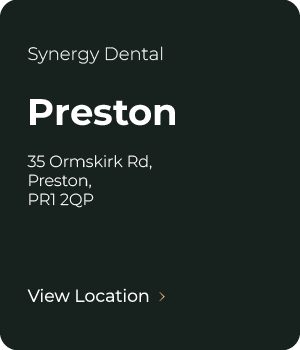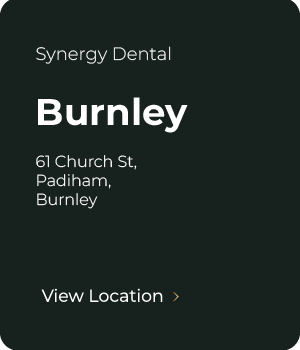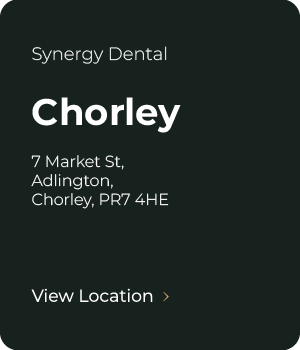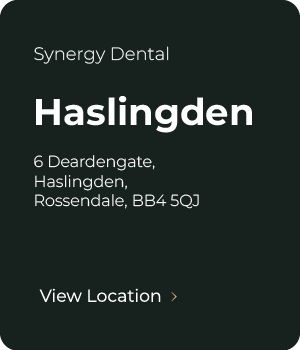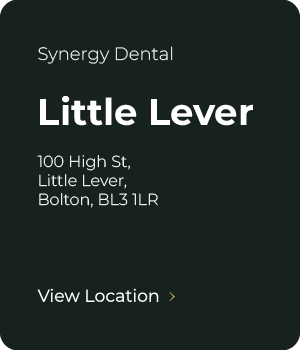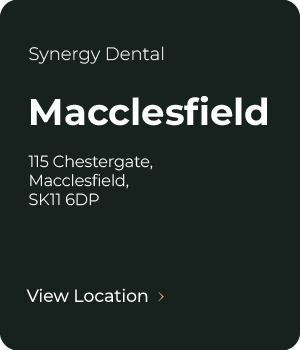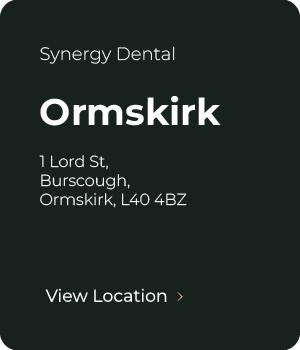Veneers and crowns are somewhat similar treatments that often get confused for each other. Both are cosmetic treatments that involve shaving the teeth and covering them with a replacement, often made from porcelain, but that’s where the similarities end. Today, we’re going to discuss just what veneers and crowns are, how they’re different, and which one you should choose for your dental treatment.
What are veneers?
Veneers are very thin shells made of porcelain designed to act as a cover for your teeth, letting you change the shape and shade of your smile. Think of them as being a bit like false nails.
During the veneers fitting process, our expert dentists will shave a very small amount of your enamel to make space for the porcelain to fit smoothly against your gum line. This is essential to make sure that bacteria can’t get in between your veneer and your teeth underneath.
Veneers come in a range of different levels of porcelain quality. Our Zirconia/E-max quality porcelain looks just like natural teeth with shade variation, so nobody can tell the difference between your veneers and your natural smile.
Veneers are extremely strong and can last for years to come with proper maintenance and care.
What are crowns?
Crowns are much thicker than veneers and are designed to repair a broken or damaged tooth.
Crowns come in a variety of materials, including metals such as silver and gold. Silver and gold crowns are very strong and hard-wearing, though they have an obvious unnatural appearance making them best for the back of the mouth. Porcelain crowns are used for the front of the mouth, and like veneers, there are different levels of porcelain quality that help make your crown indistinguishable from your natural teeth.
Crowns are also extremely strong. With the right care, they can last between 20 to 30 years!
Crown treatment, however, is much more aggressive than the treatment for veneers as it requires shaving away a large portion of the natural tooth.
How are veneers and crowns different?
The main difference between veneers and crowns is the purpose they were designed for. Both treatments are extremely durable, and both are able to enhance the appearance of your smile, but crowns are made specifically as a restorative treatment for damaged teeth, whilst veneers are designed as a cosmetic treatment.
That’s why our Synergy dentists will steer patients with healthy teeth towards veneers rather than crowns, in order to preserve as much of the natural tooth as possible.
In patients with a lot of damaged teeth, our dentists will usually recommend crown treatments instead, to remove the damaged portions of the tooth. Once the damaged tooth is removed, the crowns protect the rest of the tooth from further damage.
For people who get dental treatment abroad, veneers and crowns are sometimes used interchangeably as other countries do not have dental regulations as strict as the UK. This results in healthy teeth being overshaved, damaging the tooth and causing problems later down the line. Whilst we always recommend that you have treatment in the UK and thoroughly research your dentist before committing to any treatments, if you are planning to travel abroad for veneers, check that you will in fact, have veneers treatment with minimal shaving of the teeth rather than the more aggressive crowns procedure.
How do I know if I need veneers or crowns?
If you’re looking just to improve the appearance of your smile, veneers are likely to be the better option for you.
If you have damaged teeth, crowns will remove the damaged sections of your teeth and replace them.
The only way to know which treatment you need is to see a qualified dentist and have a thorough examination of your mouth and your overall oral health. Our Synergy experts offer free* smile makeover consultations, so you can find out what treatment you need without any risks.
Book in with one of our Synergy experts using the “Book Now” button above.
*Our smile makeover consultations are free, but we request a £30 holding deposit to retain your appointment time. After your appointment we will deduct this from your total treatment cost, or repay it if you decide not to go ahead with treatment.

